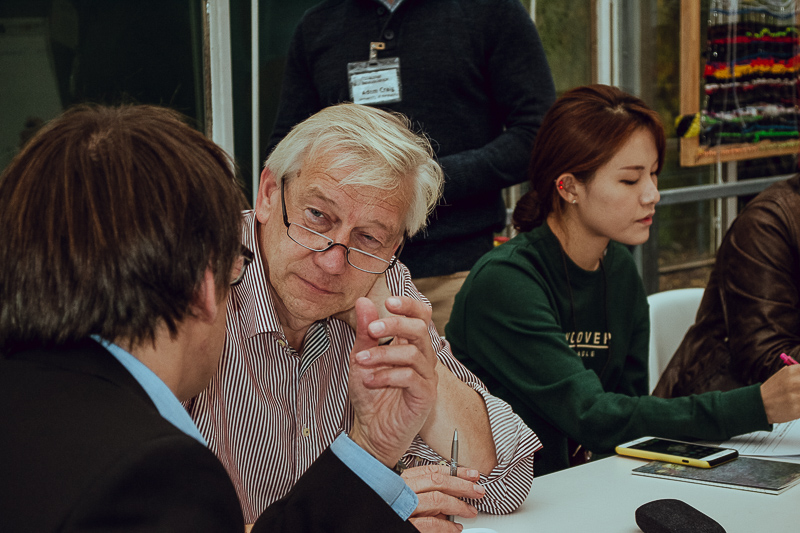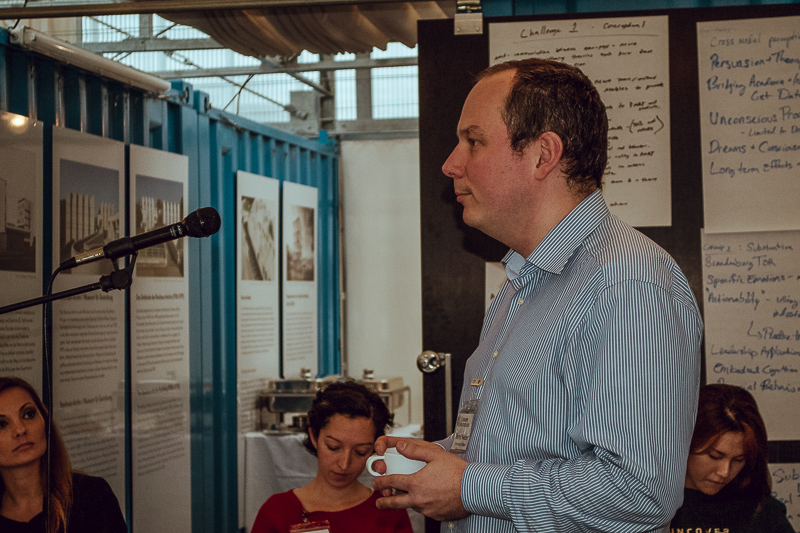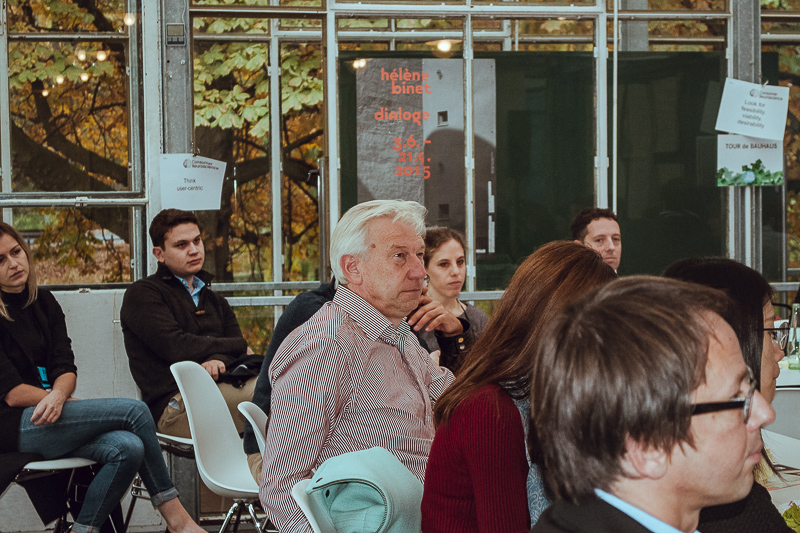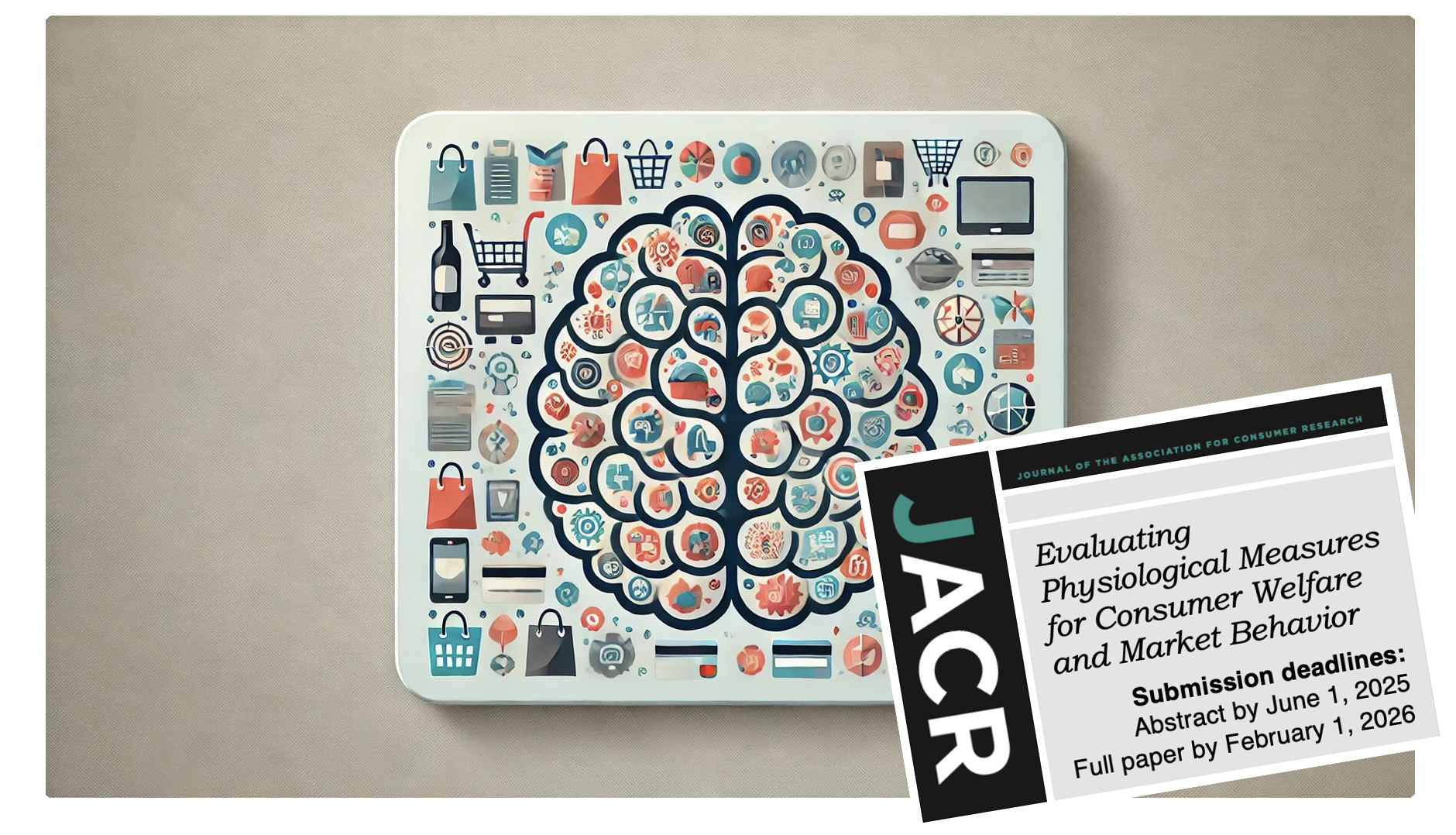
Evaluate Physiological Measures with Us at the 2025 Workshop in D.C.
Mark your calendar for the 2025 ACR Pre-Conference Workshop in Washington, D.C. on October 8-9, 2025.
Martin Reimann and Joel Huber are editing an issue for the Journal of the Association for Consumer Research titled "EVALUATING PHYSIOLOGICAL MEASURES FOR CONSUMER WELFARE AND MARKET BEHAVIOR". Prospective authors will receive pre-submission feedback at this workshop. Participants will travel to D.C. on Wednesday, October 8 for a welcome dinner, with the main workshop taking place in the AM of Thursday, October 9.
Curation of fMRI Research in Marketing
A Functional Magnetic Resonance Imaging Study of Neural Dissociations Between Brand and Person Judgements
Yoon et al.
Crazy-Funny-Cool Theory: Divergent Reactions to Unusual Product Designs
Warren & Reimann
Predicting Advertising Success Beyond Traditional Measures: New Insights from Neurophysiological Methods and Market Response Modeling
Venkatraman et al.
Insights into the Experience of Brand Betrayal: From What People Say and What the Brain Reveals
Reimann et al.
Can Smaller Meals Make You Happy? Behavioral, Neurophysiological, and Psychological Insights into Motivating Smaller Portion Choice
Reimann, MacInnis, & Bechara
How We Relate to Brands: Psychological and Neurophysiological Insights into Consumer-Brand Relationships
Reimann et al.
Aesthetic Package Design: A Behavioral, Neural, and Psychological Investigation
Reimann et al.
Individual Differences in Marketing Placebo Effects: Evidence from Brain Imaging and Behavioral Experiments
Plassmann & Weber
Cost Conscious? The Neural and Behavioral Impact of Price Primacy on Decision Making
Karmarkar et al.
Reducing Self-Control Depletion Effects Through Enhanced Sensitivity to Implementation: Evidence from fMRI and Behavioral Studies
Hedgcock et al.
Trade-Off Aversion as an Explanation for the Attraction Effect: A Functional Magnetic Resonance Imaging Study
Hedgcock & Rao
Brands on the Brain: Do Consumers Use Declarative Information or Experienced Emotions to Evaluate Brands?
Esch et al.
A Sales Force-Specific Theory-of-Mind Scale: Tests of Its Validity by Classical Methods and Functional Magnetic Resonance Imaging
Dietvorst et al.
Suspicious Minds: Exploring Neural Processes During Exposure to Deceptive Advertising
Craig, Loureiro, & Venderia
From “Where” to “What”: Distributed Representations of Brand Associations in the Human Brain
Chen et al.
Neural Profiling of Brands: Mapping Brand Image in Consumers’ Brains with Visual Templates
Chan et al.
Neural Correlates of Susceptibility to Group Opinions in Online Word-of-Mouth Recommendations
Cascio et al.
A Neural Predictor of Cultural Popularity, Journal of Consumer Psychology
Berns & Moore
Genetic and Neurological Foundations of Customer Orientation: Field and Experimental Evidence
Bagozzi et al.
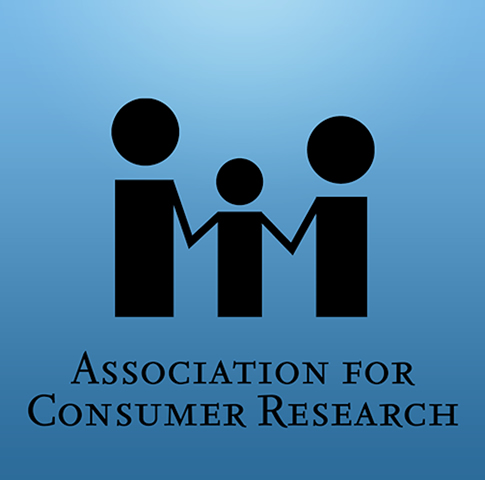
Official Sponsor
The Association For Consumer Research
The mission of the Association for Consumer Research (ACR) is to advance consumer research and facilitate the exchange of scholarly information among members of academia, industry, and government worldwide.
Find out moreWorkshop Facilitators
Martin Reimann
,
University of Arizona
Joel Huber
,
Duke University
Past Workshops
2023
2022
2020
2018
2017
2016
The Neurophysiological Basis of Feelings and Emotions from Marketing Stimuli
During the sixth ACR Pre-Conference Workshop on Consumer Neuroscience on October 26, 2023, Chris Cascio, Adam Craig, Alex Genevsky, Nikki Sullivan, and Martin Reimann discussed how different marketing stimuli evoke distinct emotional and physiological responses, which can influence consumer behavior. The presenters provided an in-depth analysis of recent experiments that utilized techniques like fMRI and EEG to track how specific advertising elements affect the human brain's emotional processing centers. They highlighted how subtle variations in ad content, such as color and music, can significantly alter consumer feelings and ultimately their buying decisions. Martin Reimann facilitated the workshop.

Neuromarketing Impact: Celebrating 15+ Years of fMRI Work in Consumer Research and Marketing
The Fifth ACR Workshop on Consumer Neuroscience was hosted at the Sheraton Downtown Hotel in Denver, Colorado on Thursday, October 20, 2022 between 9 and 11:30am. Join us for a celebration of 15+ years of fMRI work in consumer research and marketing as well as talks and networking opportunities. Martin Reimann and Bill Hedgcock facilitated the workshop.

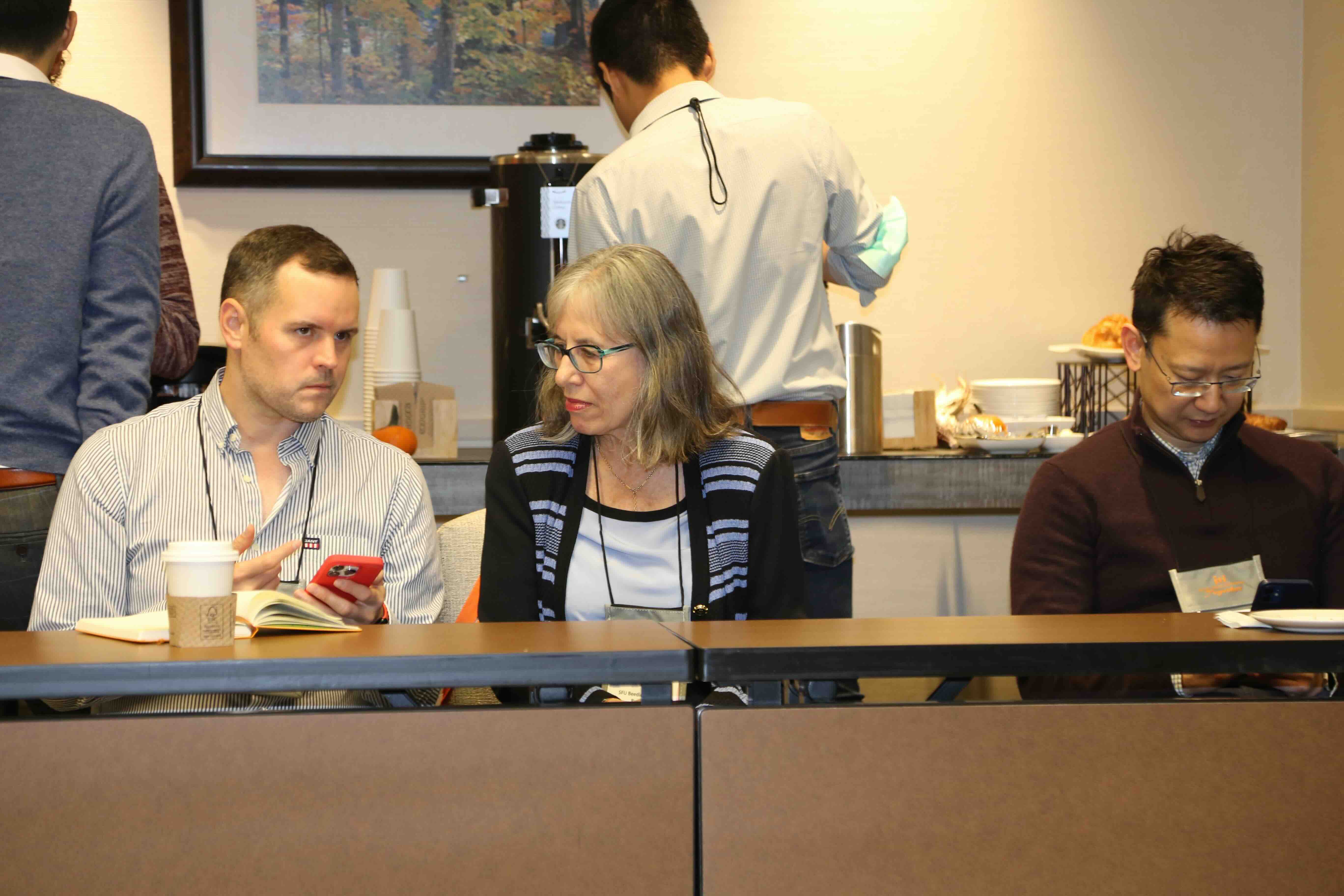
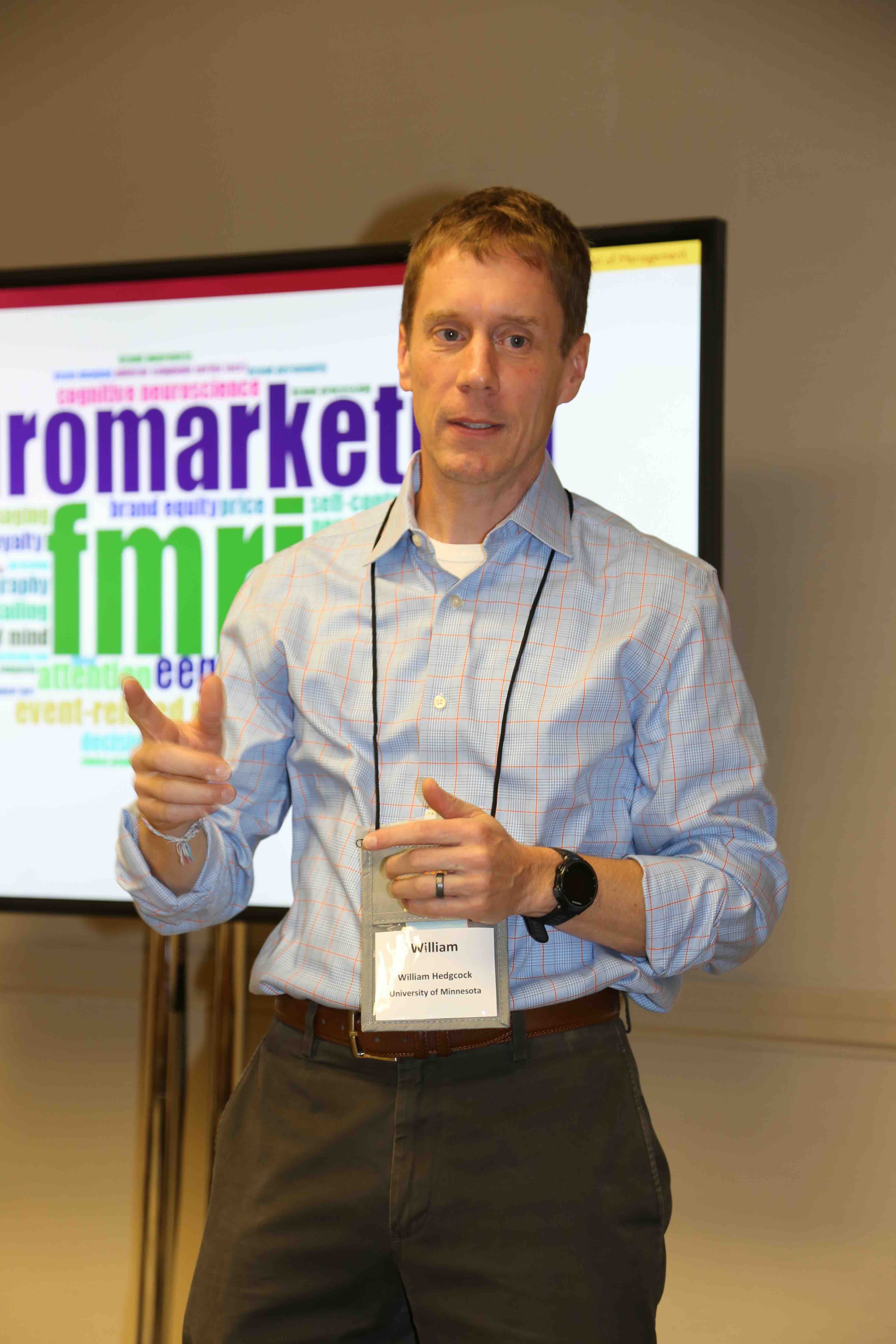
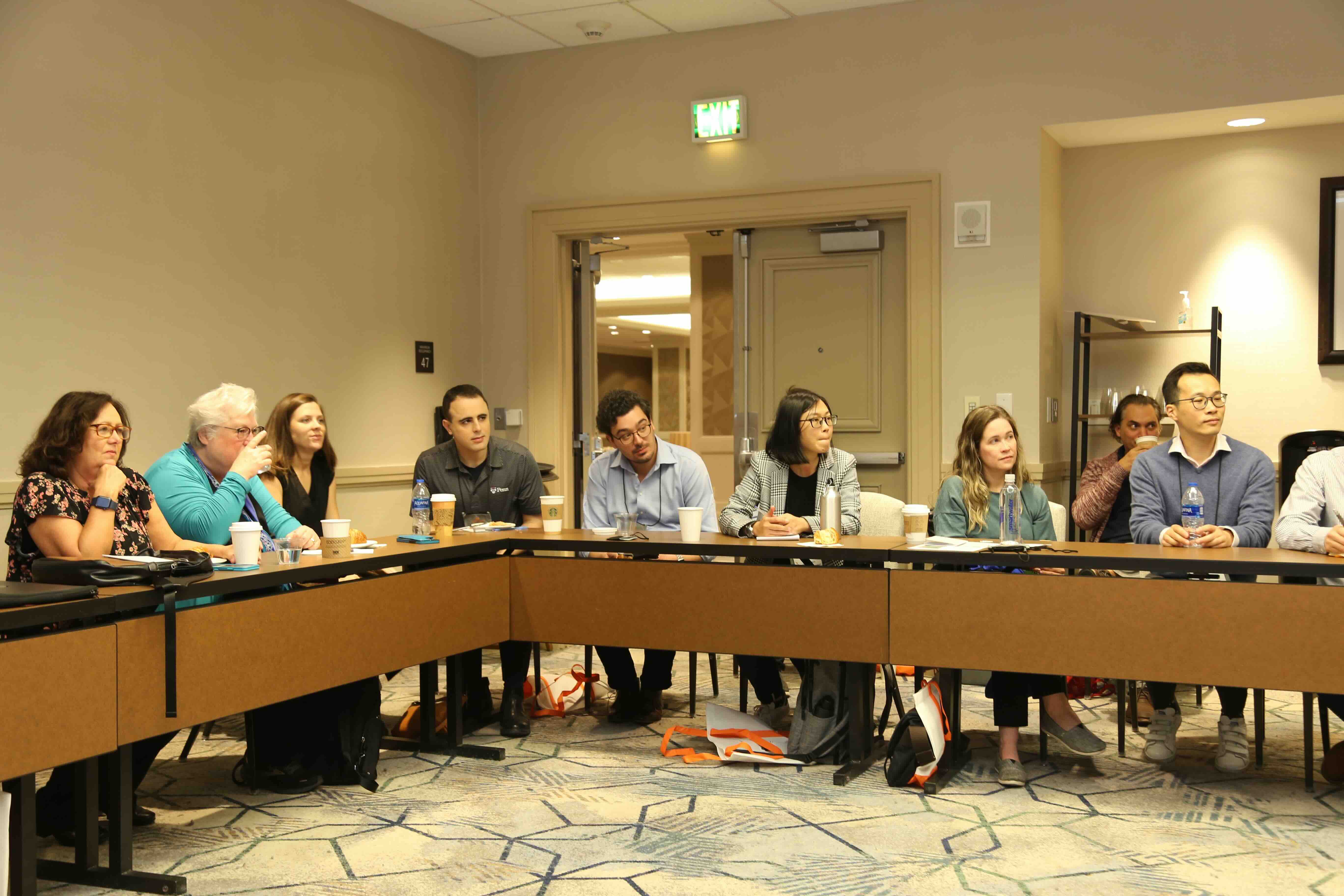
Neuromarketing: New Knowledge on the Role of Neurophysiology and Consumer Behavior
During the 2020 ACR Workshop on Consumer Neuroscience, which was held on Zoom, Jason L. Rogers, of Noldus talked about the FaceReader Online, a remote facial expression analysis tool for consumer researchers, and Marisa Biondi of Tobii introduced participants to eye tracking for consumer researchers. Martin Reimann and Bill Hedgcock facilitated the workshop. Hilke Plassmann and Adam Craig organized social mixers for participants to network.

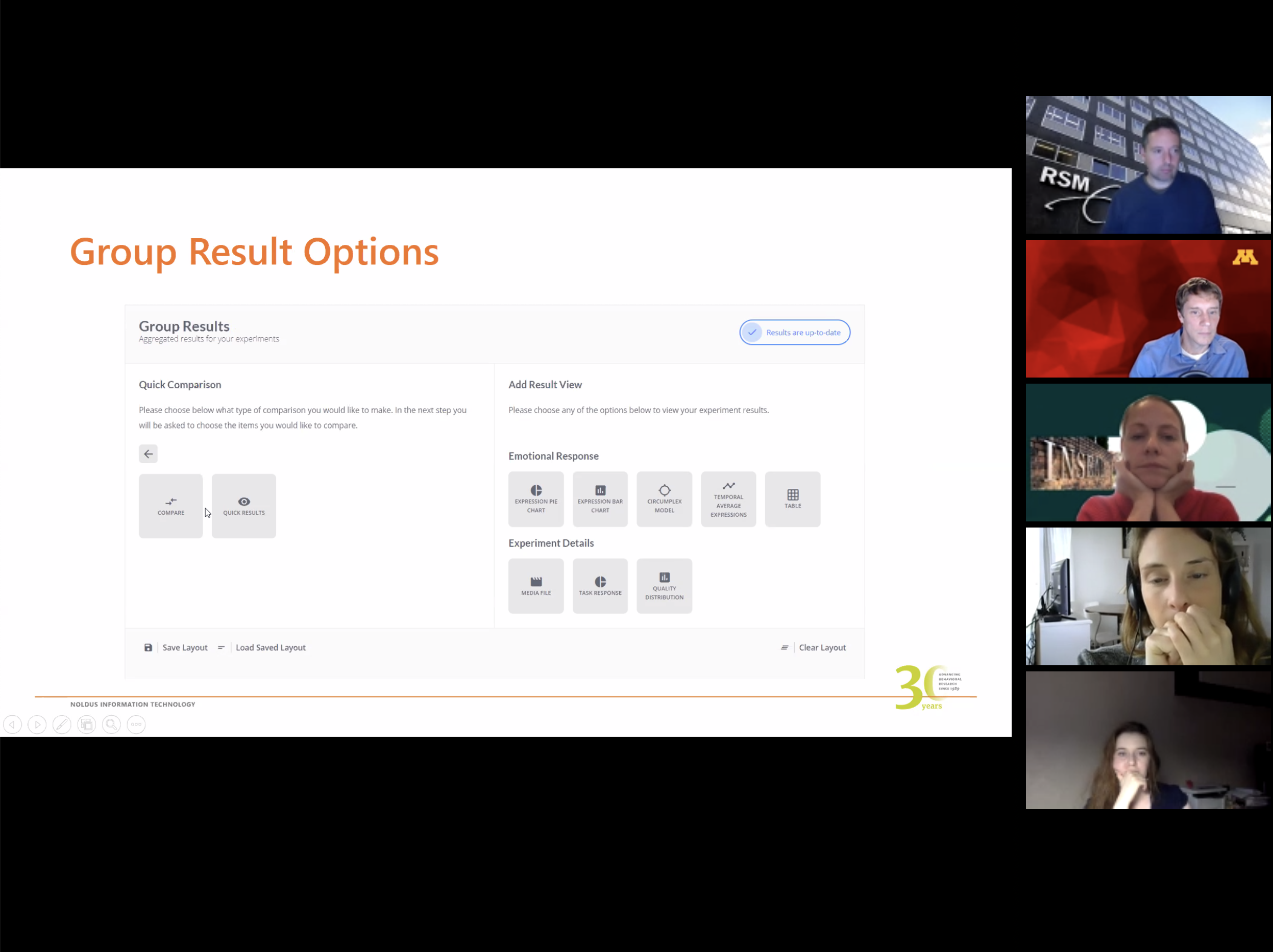
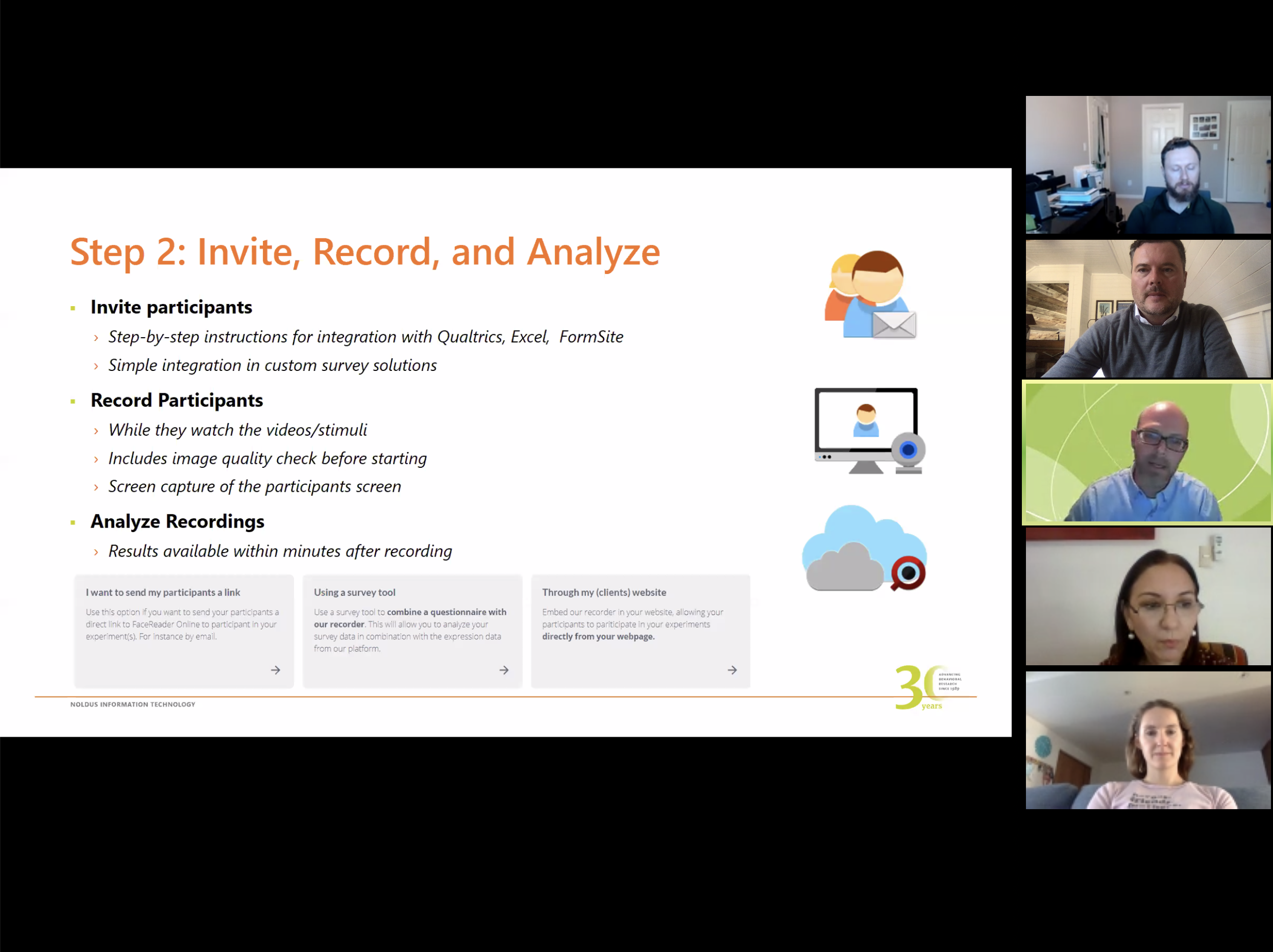
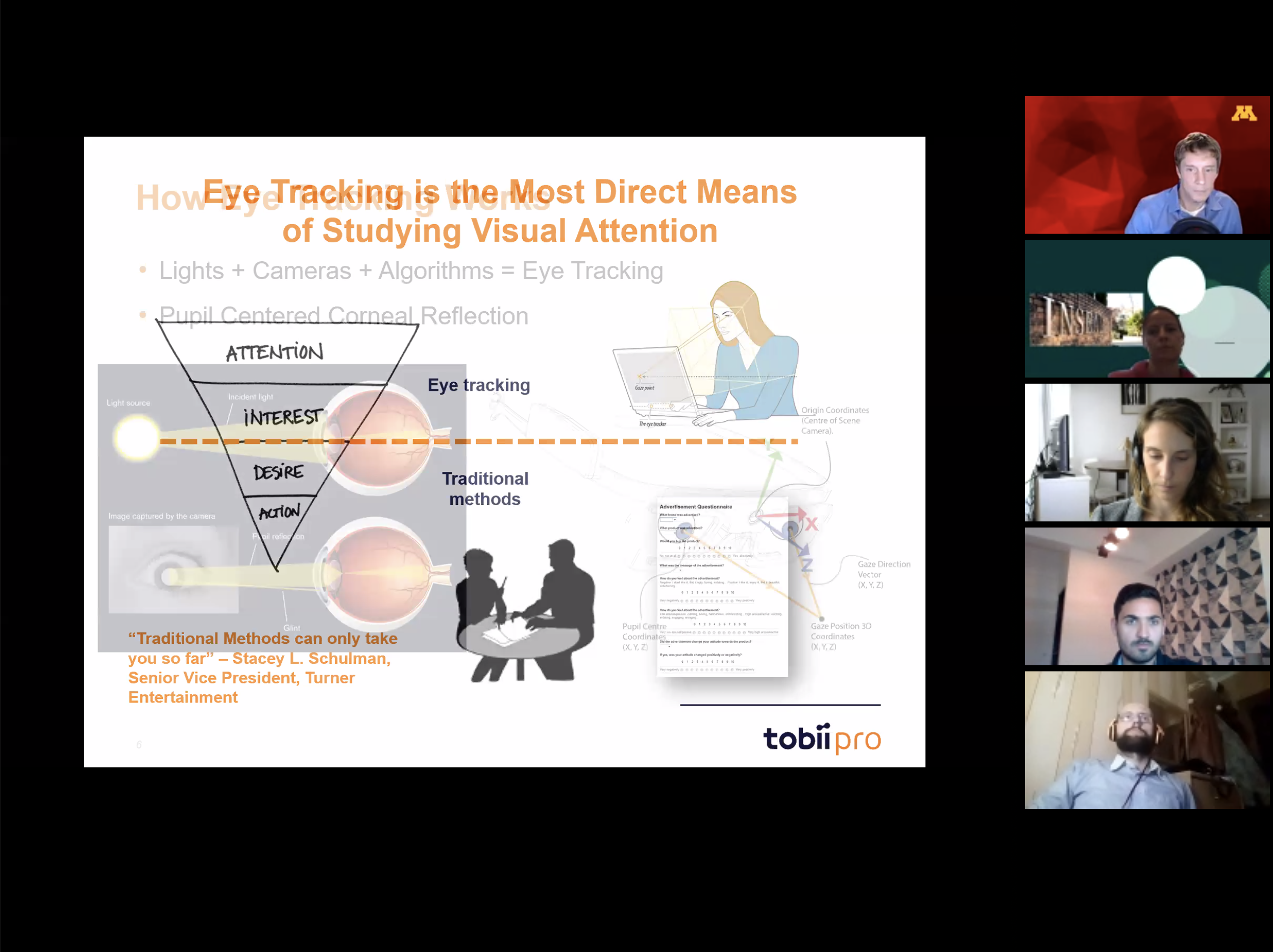
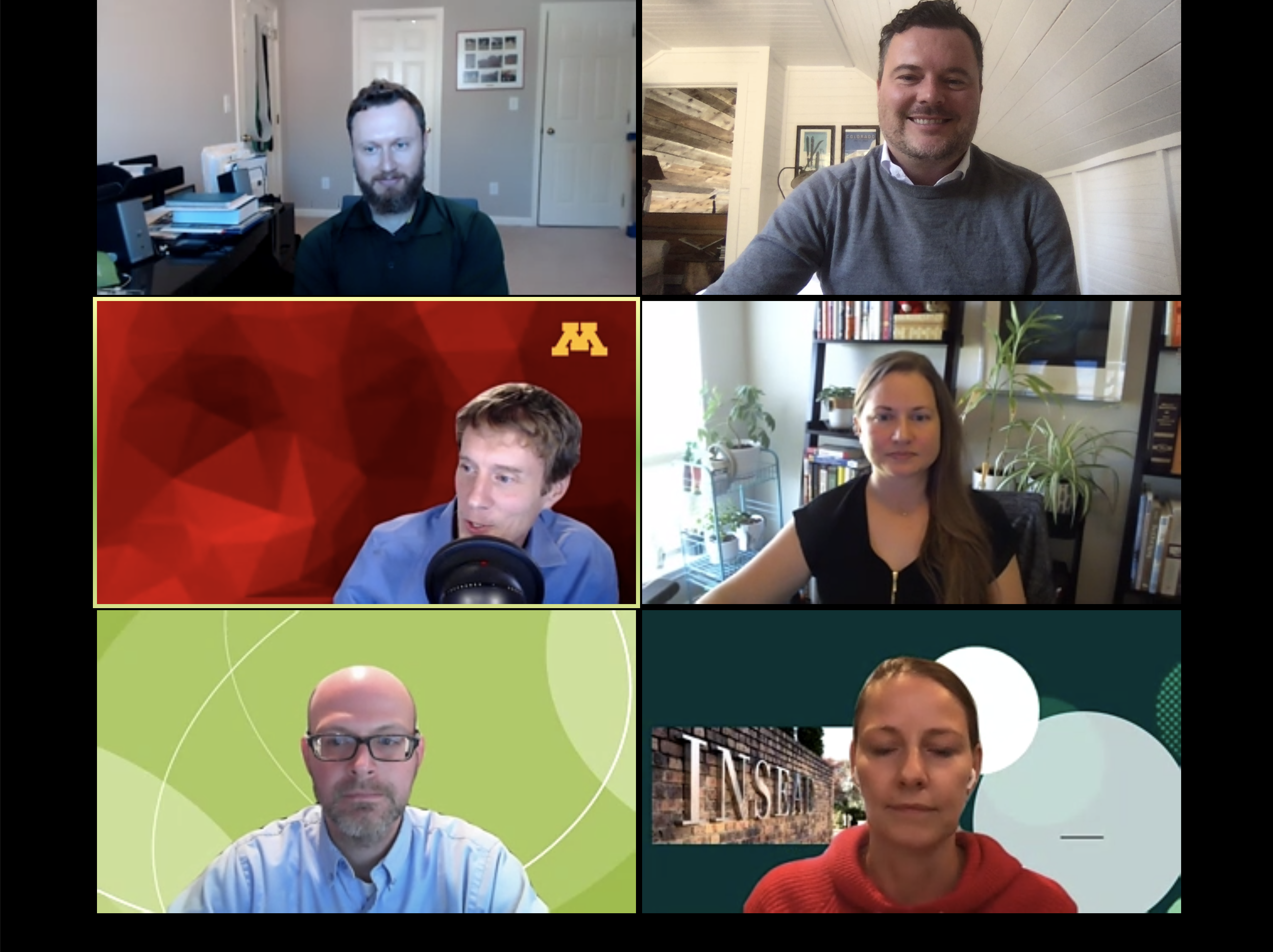
Neuromarketing and the Consumer
During the 2018 ACR Workshop on Consumer Neuroscience, several scholarly talks provided “food-for-thought” on consumer research using fMRI, and Sarah Yu of Nielsen Consumer Neuroscience talked about how to apply neuroscience to market research. Martin Reimann and Bill Hedgcock facilitated the workshop.

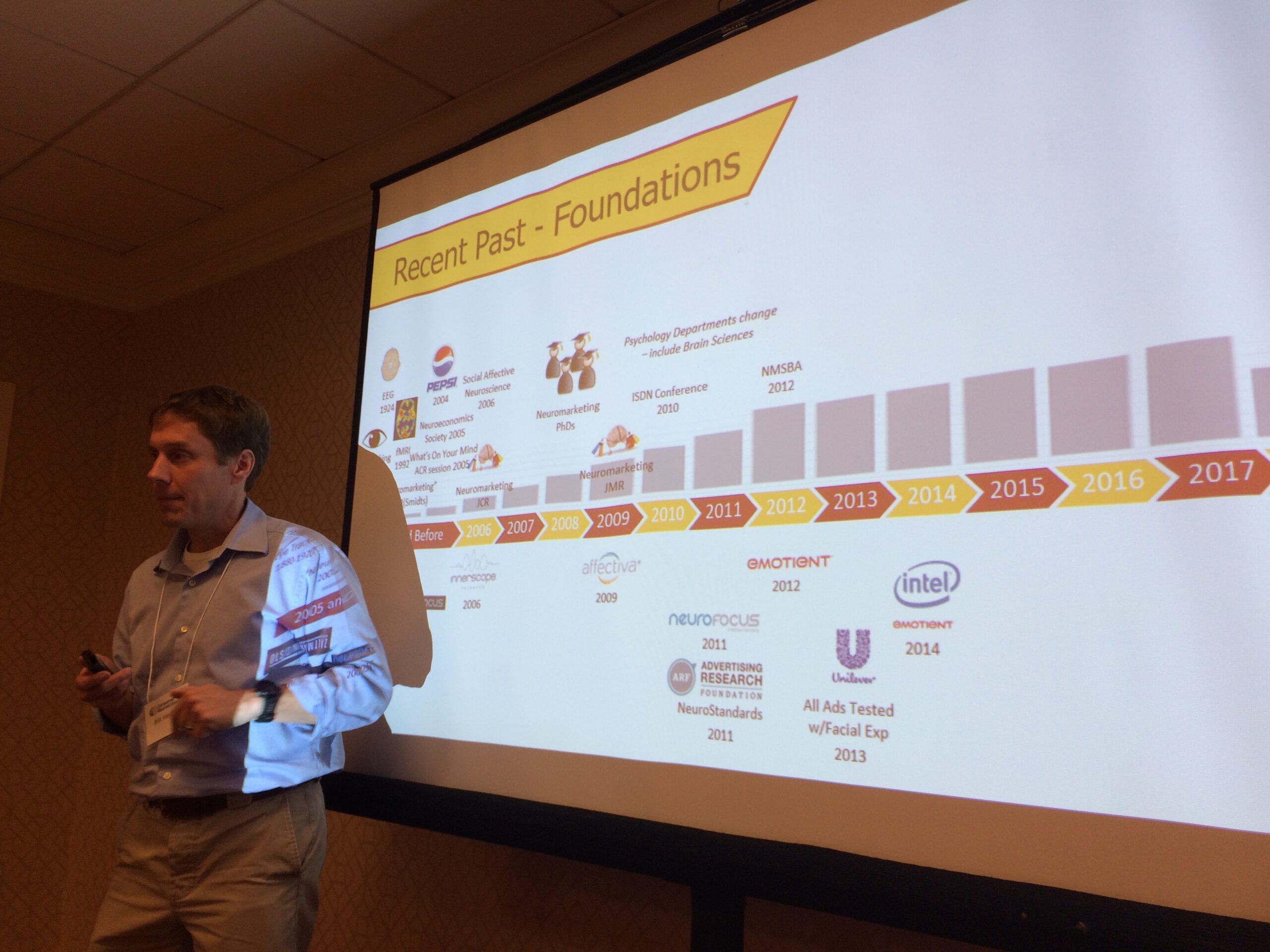
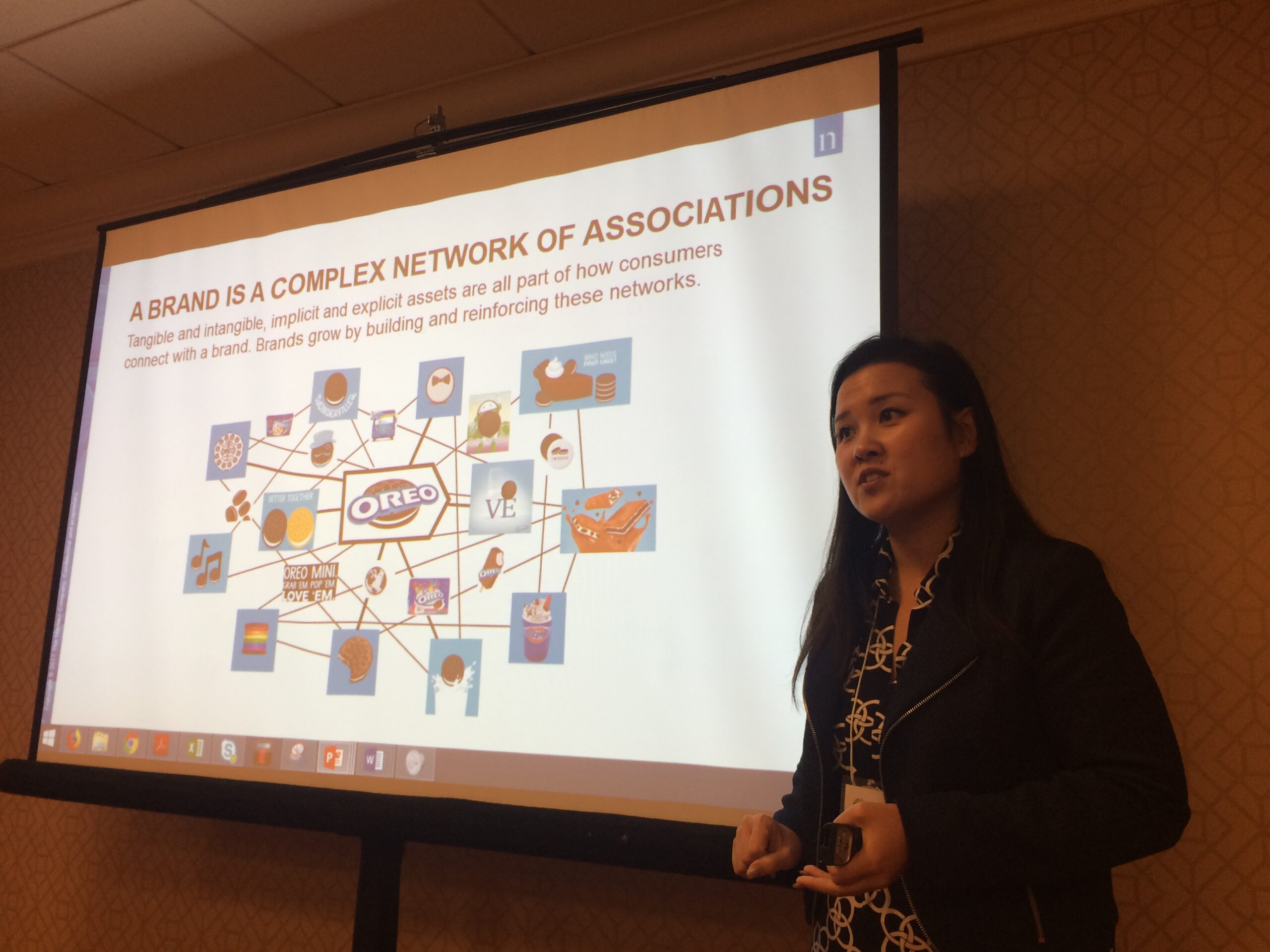
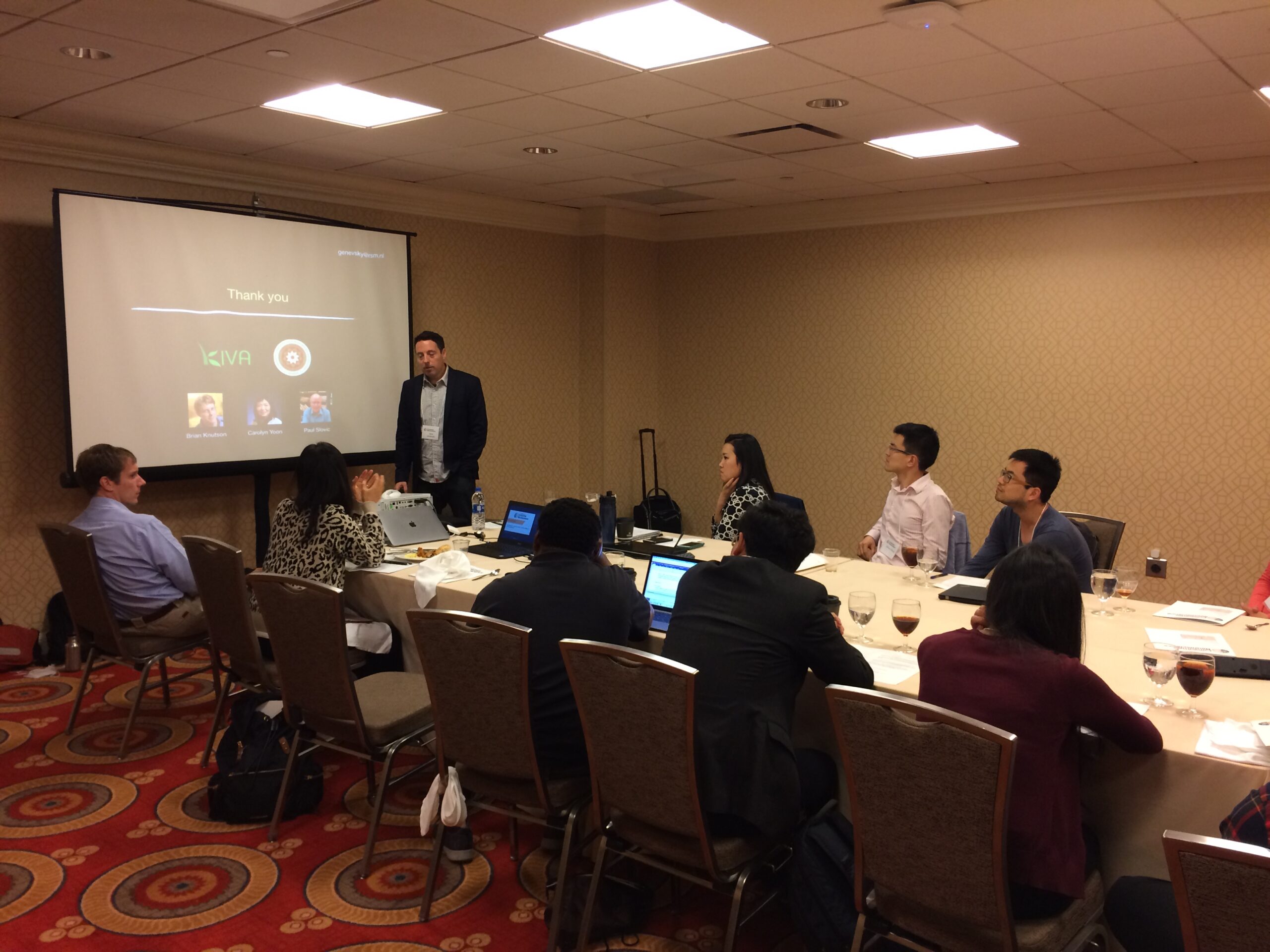
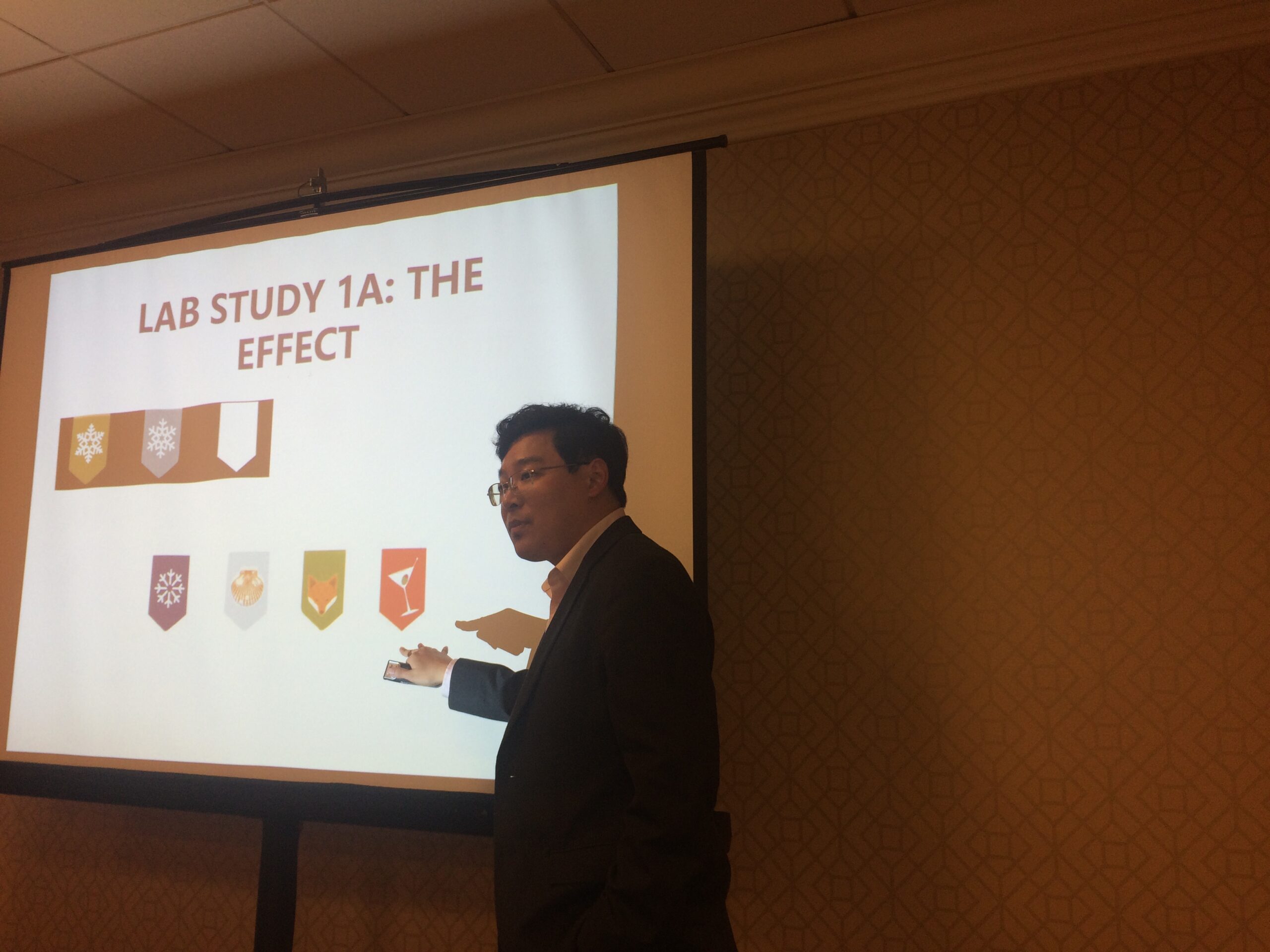
Theoretical Advances in Consumer Neuroscience
During the Second ACR Workshop on Consumer Neuroscience, keynote speeches by Antoine Bechara (USC) and Piortr Winkielman (UCSD) as well as several “food-for-thought” talks offered a baseline for discussions. Workshop participants got together in groups to brain storm the relevance and validity of extant neurophysiological theories and framework (e.g., limbic system, dopaminergic reward system, somatic markers) for consumer neuroscience and vice versa. Martin Reimann and Bill Hedgcock facilitated the workshop.

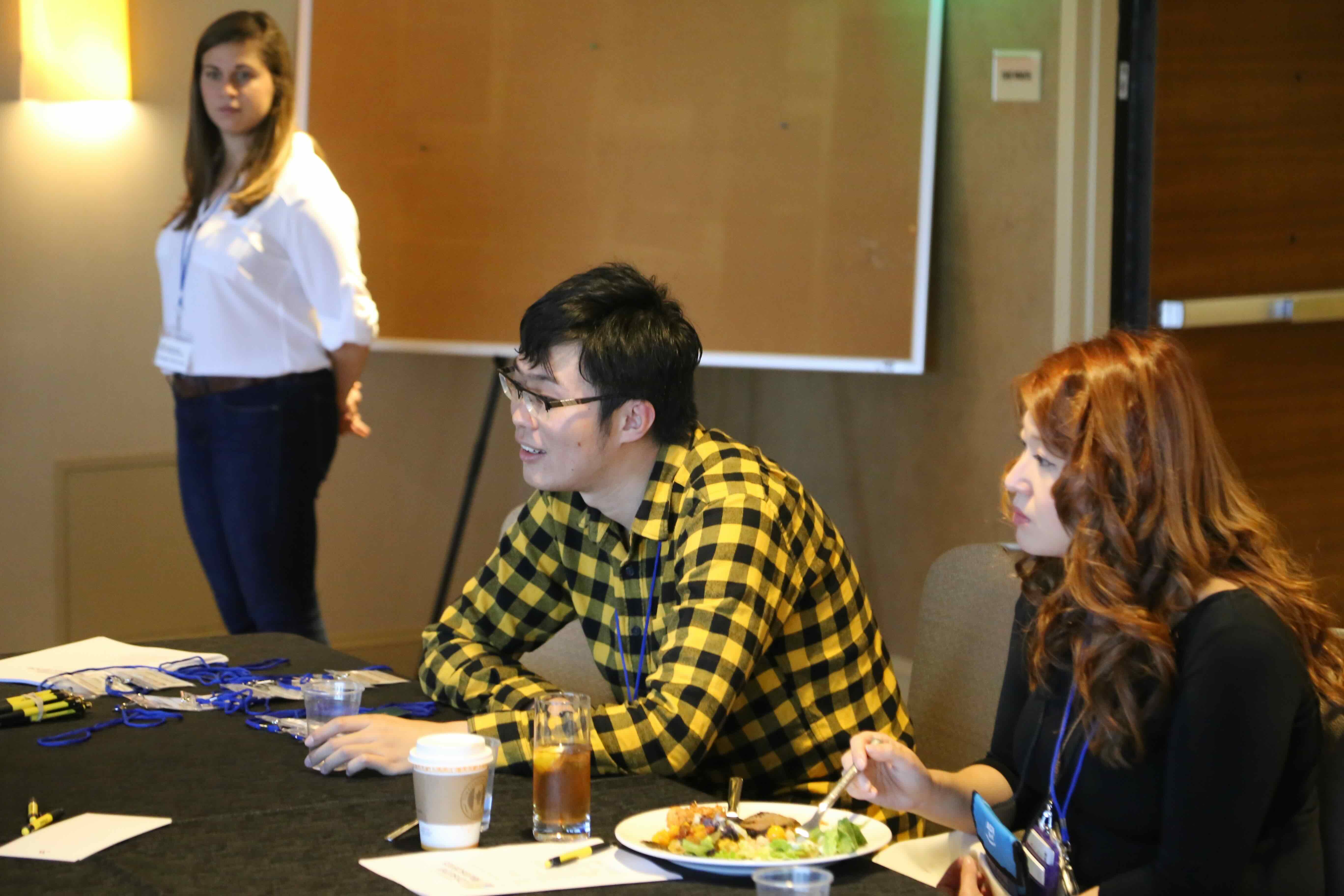
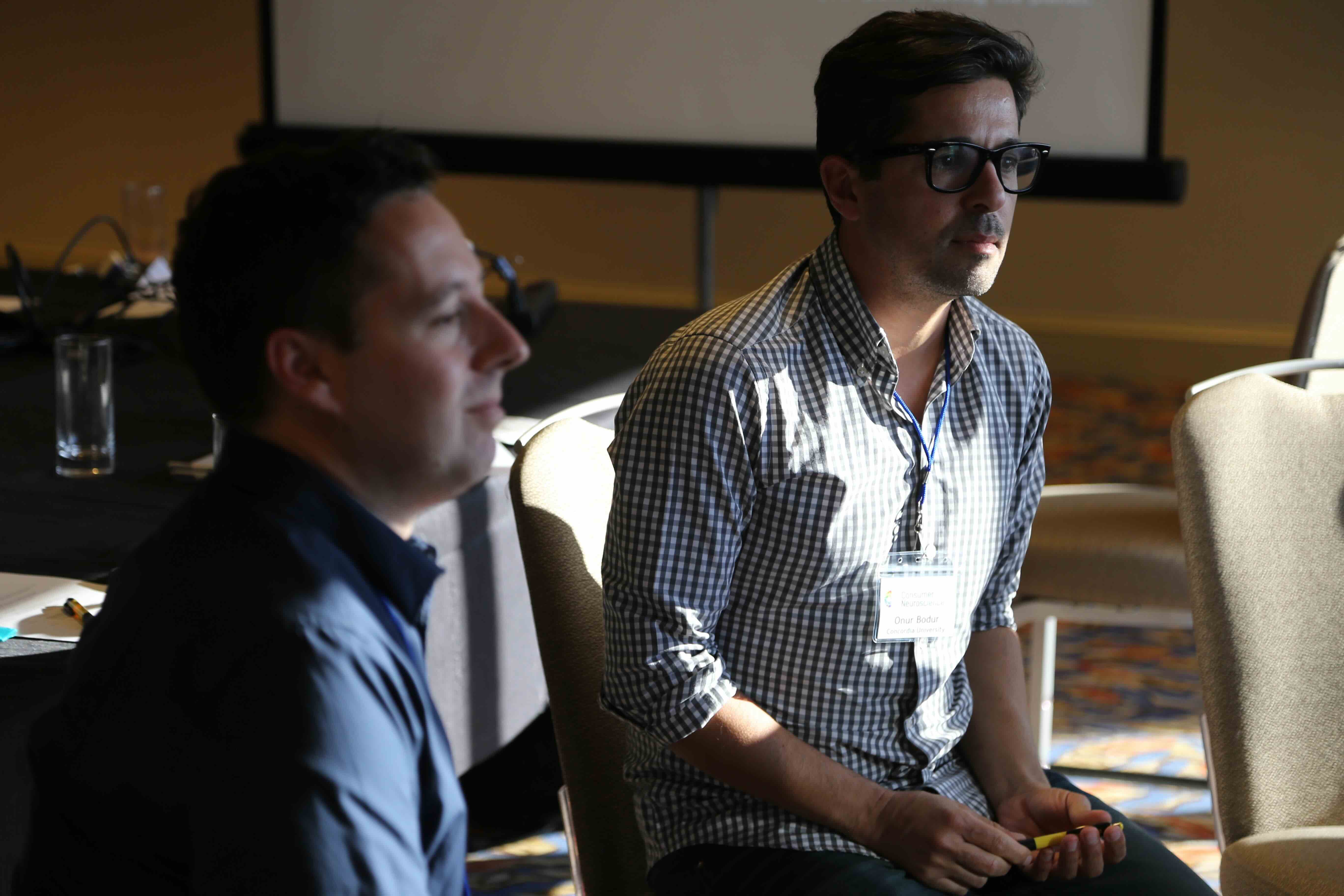
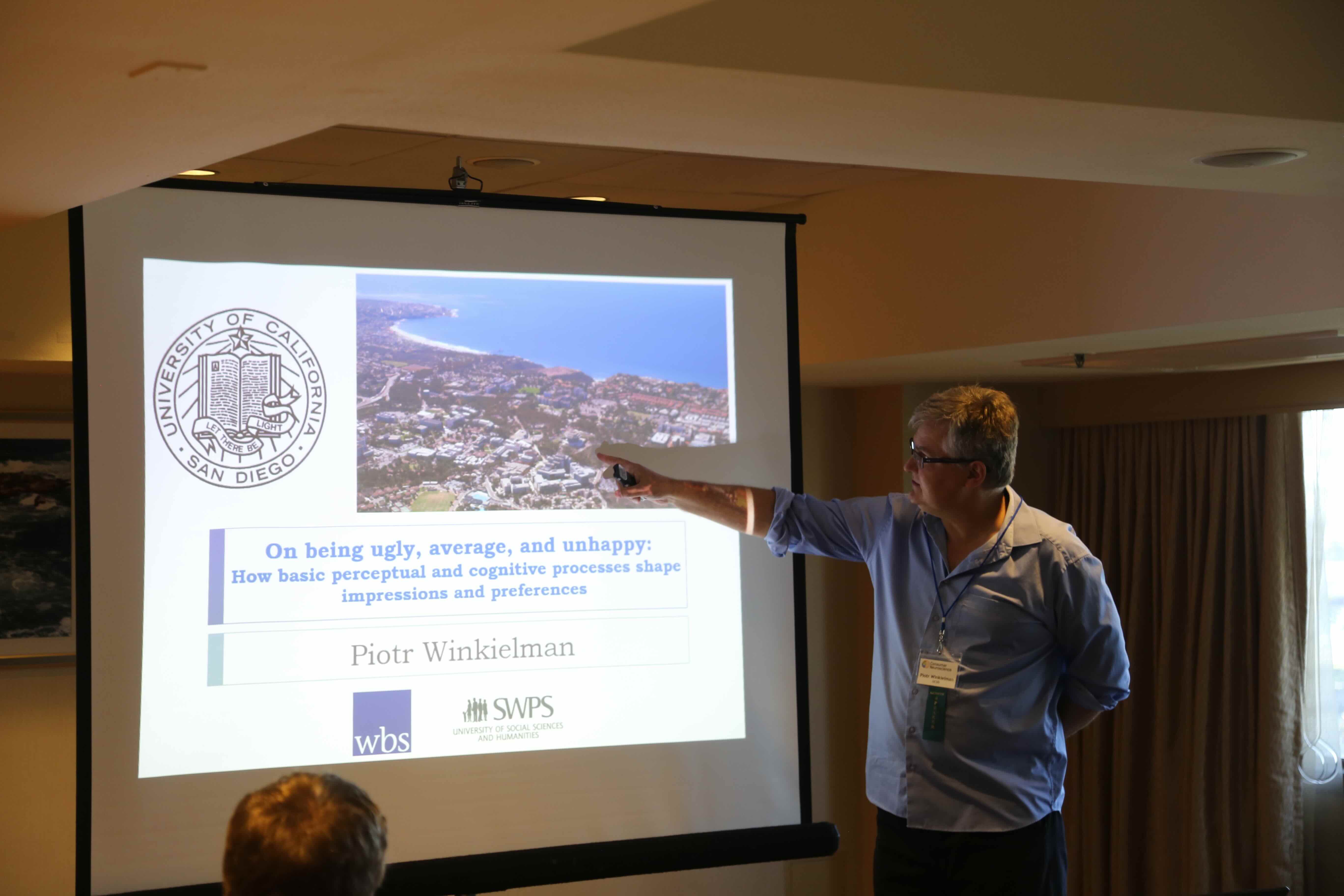
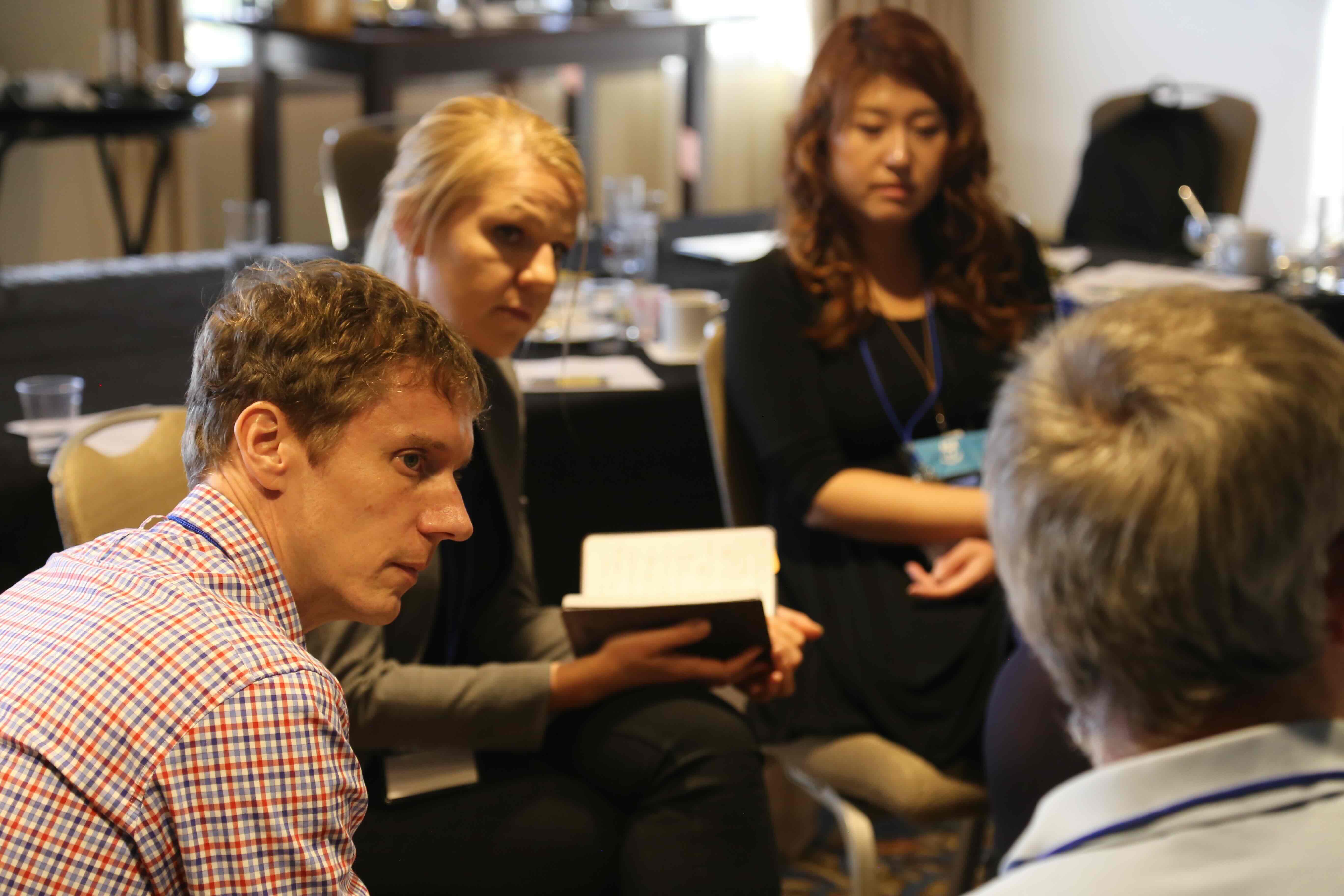
Consumer Neuroscience: Conceptual, Methodological, and Substantive Opportunities for Collaboration at the Interface of Consumer Research and Functional Neuroimaging
The First Workshop on Consumer Neuroscience was a Pre-Conference Workshop of the 2016 Association for Consumer Research Annual Conference. It was hosted at the Bauhaus Archive in Berlin, Germany on Thursday, October 27, 2016. During the pre-conference workshop, three “design thinking challenges” were offered and participants rotated between three tables and generated ideas. “Design thinking” is a method for solution-focused thinking and employs prototyping and social inspiration for creative problem resolution and was applied to conceptual, methodological, and substantive issues concerning consumer neuroscience. Two keynote speakers, Bernd Weber and Michael Schaefer, inspired participants with new ideas for collaboration. Martin Reimann and Bill Hedgcock facilitated the workshop.

